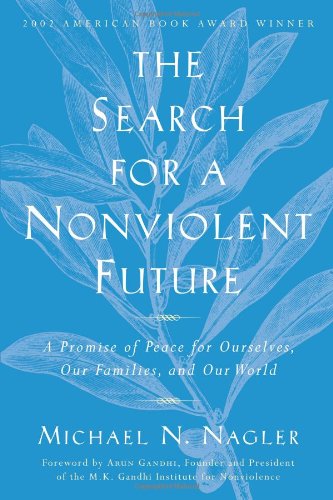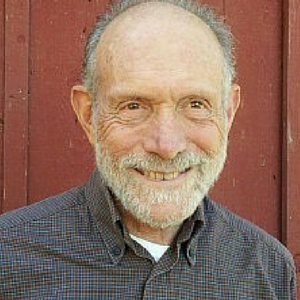“He then went on solemnly to declare in the name of God that he would never submit to that law, and advised all present to do likewise.”
We are, of course, in the Empire Jewish Theater in Johannesburg, South Africa. The date is September 11 (!), 1906, and the speaker being quoted is one Seth Haji Habib. Gandhi was taken aback when Seth “escalated” the resolution that the Indian community was considering not to cooperate with the Asiatic Act about to be past by the Transvaal Government from a resolution to an oath before God. When he (Gandhi) decided to accept the escalation, satyagraha was born. Whatever we may think about such a distinction today, it is clear that when we find ourselves in a just cause and have mastered the right means (nonviolence) and can be that determined, victory is only a matter of time.
Thanks for sharing a comment below.
About Daily Metta
 Stephanie Van Hook, the Metta Center’s executive director, launched Daily Metta in 2015 as a way to share Gandhi’s spiritual wisdom and experiments with nonviolence.
Stephanie Van Hook, the Metta Center’s executive director, launched Daily Metta in 2015 as a way to share Gandhi’s spiritual wisdom and experiments with nonviolence.
Our 2016 Daily Metta continues with Gandhi on weekdays. On weekends, we share videos that complement Michael Nagler’s award-winning book, The Search for a Nonviolent Future: A Promise of Peace for Ourselves, Our Families, and Our World. To help readers engage with the book more deeply, the Metta Center offers a free PDF study guide.
Enjoy more Daily Metta: See the archives
Get Daily Metta by email: Subscribe









Thanks, Michael. That really, for me, encapsulates the meaning of satyargraha. (I understand, in some words in Maori, as in “haka”, the word is related to breathe. It might be the aha moment? I think of grasping as holding with hands. It may not be?)
At some point, I would be interested to see a discussion on Gandhi’s disagreement with Tagore regarding the spinning wheel.
l think to myself about the origin of satyagraha….because ghandi was hinduism and use Bagdava Gita as inspiration, but l feel, is my sense, that satyagraha is more inspired by jainism than hinduism. could this not violence path of jainism be a inspiration for Ghandi??
regards
emilio
zaragoza
spain
Emilio,
Surely there were Jain influences in Gandhi’s early life, and even later — in the person of a Bombay Jain jeweler he almost regarded as his guru. Almost. But in the end I think he discovered nonviolence by and in himself.
Dear Ian,
I’ll look into that issue of their disagreement.